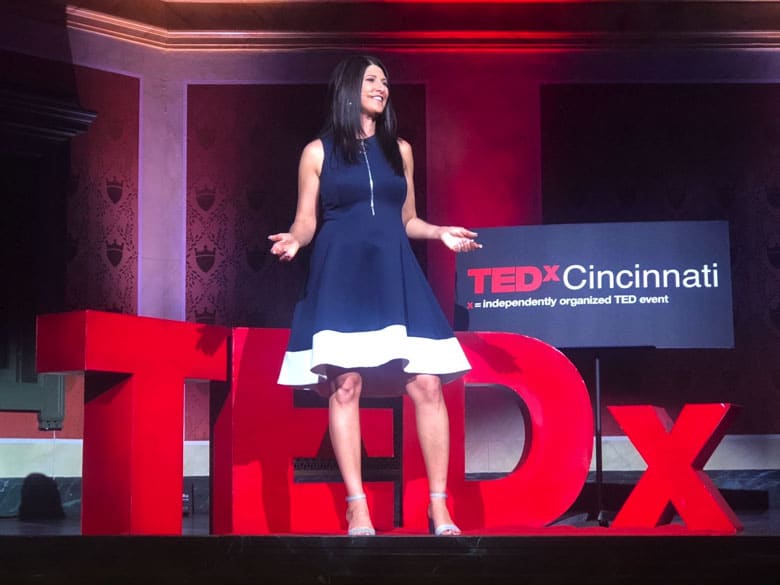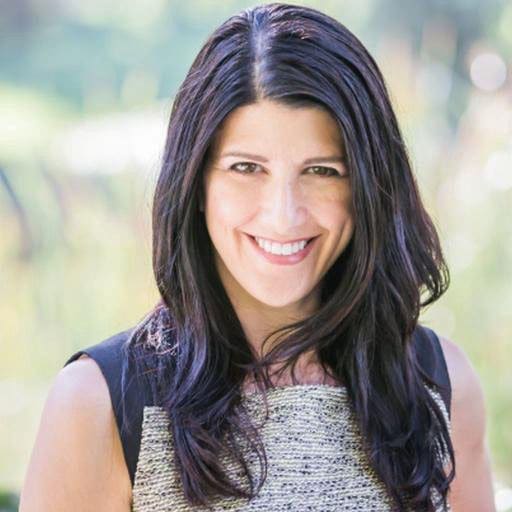 Photo by R Franca / EyeEm/Getty Images
Photo by R Franca / EyeEm/Getty Images Often, your oldest friends are the ones who tell you the truth you don’t want to hear.
“Everything you do is for external validation.”
With one statement, my friend erased the positive impact of my entire life. “Why?” She continued, “Because you didn’t feel loved by your mother, and your father abandoned you for drugs.”
Stunningly painful. I don’t want to be a classic unloved “child of an addict.”
Her words triggered a major existential crisis. Since she says the motivation for everything I’ve done was insecurity, does it erase the positive impact I’ve made?
How does G-d judge? When my life ends, will my good deeds count even if my motivation was selfish? Are all the couples I set up, friends I introduced, people I helped get jobs, seekers I brought closer to Judaism, communities I built, millions I raised for nonprofits and Israeli startups — was it all worthless, because deep down I felt worthless?
I dove down a dark rabbit hole of despair. To claw my way out, I turned to Torah.
The Talmud teaches a principle that if you do the right thing for the wrong intention, it will eventually become the right intention. For example, if you give tzedakah (charity) for the glory rather than for the selfless act of the mitzvah, ultimately it will change you, and you’ll do it for the right reason.
She is a tzaddeket (righteous woman) and anonymously performs her acts of kindness.
My friend kept pressing the Jewish virtue of humility. She cited how for my 50th birthday, I did a Facebook fundraiser for an organization and encouraged others to join me to donate, when instead she quietly did the hard work for the same organization, volunteering hundreds of hours and not bragging about it. “You know you can do mitzvahs (good deeds) without promoting them on Facebook.”
We both do good in the world. But we approach it in different ways.
We both do good in the world. But we approach it in different ways.
I defended myself. “I use Facebook as my platform to fulfill my mission. Remember my personal mission statement I wrote when I was 17? ‘To be a catalyst for positive change by educating and inspiring individuals and communities.’ I promote on social media what I do in order to inspire others to help themselves and others.”
“No you don’t,” she snapped, “you just want to be center stage. You used to literally be on stage with your last couple of careers, but now you’ve turned to writing to reveal your wounded soul. Now the Jewish Journal is your stage? Don’t you think you’ve gone too far?”
“No, writing is my gift not only to help myself and hold myself accountable, but also to lift others alongside me.”
“Yes, you can write well and you can publish, but you don’t have to promote it on Facebook in a way that you’re begging for validation.”
“But I’m doing the work! I’m going to therapy! I’m working on self-love.”
“Well then, you don’t need all the people on Facebook to love you now, do you?”
I was crushed. She was right on that aspect. Social media has turned me into a monster.
Last night I watched the Netflix documentary “The Social Dilemma,” which focuses on the evils of social media. In watching it, I saw how I, too, have become codependent on the virtual validation, the “likes” and approving comments.
Throughout my day I view my life as an external third party PR team evaluating if that moment is “post worthy” — will it inspire others and …. will it generate a lot of likes.
That’s gross. I’ve become a social media addict. I must stop, but do I stop everything? No.
I will stop posting every aspect of my life on social media into the phony love echo chamber.
But I will not stop doing acts of kindness, serving individuals and my community and writing about my journey.
There are different ways to serve G-d. There are 12 tribes of Israel and each has different skill sets suited to their role. The Levi’im are the priests and the singers. It wouldn’t help if they were silent and quiet. Being humble and modest doesn’t mean you stay quiet if your role is to be a fire starter or a leader.
I am a catalyst for positive change. I am a fire starter and a leader in the Jewish community.
But my friend is right, I can strive towards a balance of being a leader and serving G-d with a bit more grace and humility.
Hopefully she will “like” that. But what matters is G-d and I “like” it.
Audrey Jacobs is a financial adviser and has three sons.























 More news and opinions than at a Shabbat dinner, right in your inbox.
More news and opinions than at a Shabbat dinner, right in your inbox.